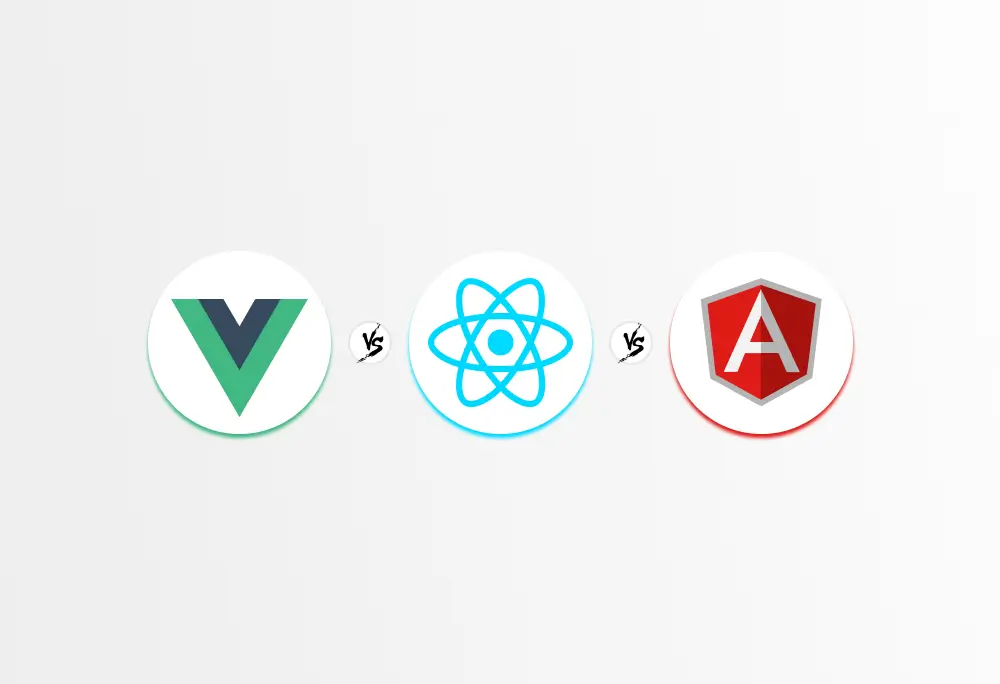
In this fast-moving technological environment, powerful frameworks are ruling frontend development these days, smoothing development and enriching user experiences. Vue.js, Angular.js, and React.js form the top three choices by any developer in the industry. Each framework has its strengths and is tailored according to different project requirements. Let’s dive into a comparison that will help you choose the right one for your next web development venture.
Vue.js: The Progressive Framework
Of these, one is prominent in terms of the easiness and simplicity of integration. Dubbed the “Progressive framework” by Evan You himself, its creator, it would literally mean that one could start small and scale up with almost the same amount of painlessness. Here’s why Vue.js might just be your right fit:
- Ease of Learning: Vue.js is shallow in terms of its learning curve and thus fit for freshers or migrants from other frameworks.
- Flexibility: This gives flexibility to the Architecture and state Management. It allows developers to structure their Applications in any form they feel necessary.
- Performance: Vue.js is Lightweight and Fast; It supports effective rendering through its Virtual DOM implementation.
Angular.js: The Full-fledged Framework
Another powerhouse of a framework, maintained by Google, is Angular.js. This framework has quite robust features both in haben and accompanied by extensive tooling. It is used for large enterprise applications and in cases when projects require a structured approach:
- Complete Solution: It gives you everything you would want out of the box to make a complex front-end application building easier, such as routing, handling forms, state management, etc.
- TypeScript Support: Аngular. js is written in TypeScript; hence, strong typing is the power that empowers it, helping catch the bugs at development time itself, and enhancing code quality.
- Enterprise Support: The community supporting it strongly and continuous updates by Google have wholly proved reliable for enterprise tasks.
React.js: The Declarative Library
One of the most popular, widely adopted, highly maintained libraries would be React.js by Facebook. The reason lies in declarative programming and component-based architecture. Here’s why developers choose React.js :
- Component Reusability: There is reuse of React.js components, hence building up encapsulated components for complex user interfaces.
- Virtual DOM: Efficiently updates the User Interface via a virtual DOM, enhancing performance by way of reducing manipulation in the DOM.
- Large Ecosystem: React.js has a huge ecosystem that is backed up by a number of libraries and tools, which, inclusive of Redux for state management and Next.js for server-side rendering, shall be of help in extending the capability of the framework as may be required.
Choosing the Right Framework
While each is more suitable for another project, looking at specific needs and what your team does currently, the framework suitability varies. The considerations are:
- Project Size and Complexity: Vue.js envisions faster development and flexibility in smaller projects or prototypes. Angular.js will work for large-scale applications with rich and full-fledged functionality. React.js could fit into projects of both sizes.
- Community and Support: Consider the size of the community involved and how active they are. The larger, the better, in respect to support, resources, and updates.
- Developer Experience: Think of the familiarity your development team currently has with each framework, along with the relatively long period taken for full familiarization.
Conclusion
Finally, each of the options—Vue.js, Angular.js, and React.js—has some strong points that target different needs and tastes of projects. Simplicity, comprehensive tooling, or scalability, whatever the taste, there really must be a frontend framework that can raise any effort in web development to its very best. Choose wisely, and embark with confidence on your next front-end journey!

 Software Development
Software Development Food Delivery
Food Delivery Taxi Booking
Taxi Booking E-Commerce
E-Commerce Real Estate
Real Estate Healthcare
Healthcare



